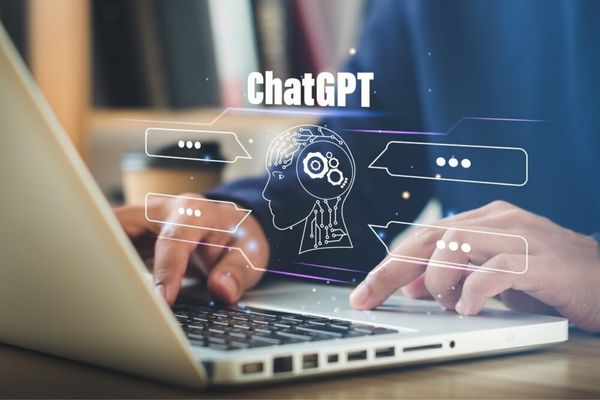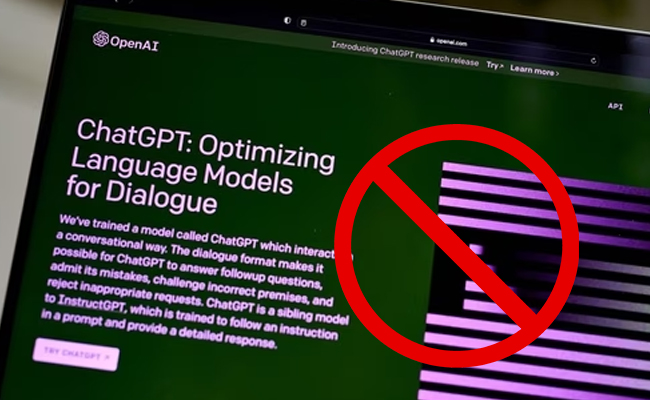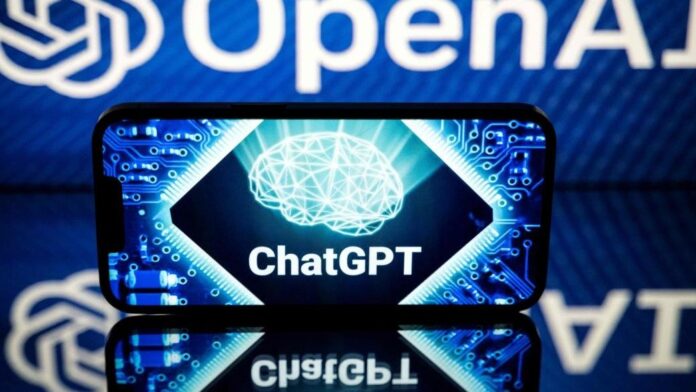To prevent plagiarism in assignments and tests, colleges in Bangalore recently confirmed that they had banned ChatGPT and other AI tools for students.

ChatGPT does not have opinions or personal beliefs. However, it can helpfully assist students by providing information and answers to their questions. Whether this assistance is “good” or “bad” depends on the context and how the information is used.
It is up to the student to determine the accuracy and relevance of the information provided and use it responsibly and ethically.
ChatGPT recently enraged several universities in Bangalore by passing a few university exams in the United States, which coincides with the current conversation it is having.
ChatGPT has reportedly been banned at Bengaluru’s RV University, according to recent reports. A university representative stated, “A ban has already been implemented to avoid plagiarism.
Universities may decide to restrict or prohibit the use of AI language models like ChatGPT for several reasons, including:
Academic integrity: There may be concerns that students could use AI language models to cheat or plagiarize on assignments, exams, or other academic work.
Data privacy: Universities may have concerns about the collection and use of student data by AI language models, especially if the data is sensitive or personal.
Quality of learning: Some universities may feel that relying on AI language models detracts from the quality of learning experiences and skills development, as students may become too reliant on AI-generated answers instead of developing critical thinking and problem-solving skills.
Technical limitations: AI language models like ChatGPT may not be able to accurately answer all questions or provide information that is up-to-date, relevant, or culturally sensitive.
It is important to note that the decision to restrict or prohibit the use of AI language models may vary from university to university, and may depend on a variety of factors, including academic policies, technological infrastructure, and cultural attitudes.

Why must universities make this choice?
By completing their writing assignments, lab tests, and online exams, this AI tool helps college students unwind while undoubtedly creating difficulties for teachers.
Due to its widespread use, colleges in Bengaluru have started to take precautions to stop students from using the chatbot for academic purposes.
“Students are directed to submit only original works for assessments, not the ones completed with the help of AI-generated content,” Sanjay Chitnis, dean of computer science and engineering at RV University, stated in an official notice.
According to Chitnis, the university will surprise college students if the faculty has any doubts about the submission’s originality. “They can also ask the students to redo the material on their own,” the dean continued.
models like ChatGPT to plagiarize or cheat on their academic work. This is because academic integrity is an important value in higher education, and universities strive to promote original and ethical work by students.
By keeping a check on assignments, universities can ensure that students are using their knowledge, skills, and creativity to complete assignments and exams rather than relying on AI-generated answers.
This helps to promote a culture of learning and intellectual growth and to reinforce the value of original thought and independent thinking.
Additionally, by monitoring assignments, universities can also help to detect and prevent instances of academic misconduct, such as plagiarism or cheating, which can have serious consequences for students and the university.

By taking a proactive approach to ensuring academic integrity, universities can maintain the quality and reputation of their academic programs, and provide a fair and equitable learning environment for all students.
A representative from RV University has also confirmed that other AI tools such as GitHub Co-pilot and Black Box are also prohibited in addition to ChatGPT.
Are other universities considering prohibiting ChatGPT?
RV University recently disabled ChatGPT for general tutorials and lab sessions due to the current issue this AI chatbot poses.
According to reports, in addition to RV University, other colleges with the same issues include Dayananda Sagar University and the International Institute of Information Technology – Bangalore (IIIT-B).
Additionally, reports indicated that IIIT-B intended to set up a small committee to create a framework for using ChatGPT to prevent plagiarism.
This committee will develop several precise guidelines and actions for the same verified sources.
Dayananda Sagar University’s concerned administrators have developed a strategy to modify the nature of assignments to address this persistent problem.
To prevent students from using any AI tools, Christ University has also released a list that forbids AI bots.
Technology itself is not inherently harmful to college students. However, the use of AI technology can have both positive and negative impacts on college students, depending on the context and how it is used.
On the positive side, AI can help students access a wealth of information, resources, and tools that can support their learning and growth.
For example, AI can be used to provide personalized recommendations for courses, books, or other resources that can help students achieve their goals.
However, there are also potential negative impacts of AI on college students. For example, if students become too reliant on AI-generated answers or solutions, they may not develop critical thinking and problem-solving skills, which are important for success in their future careers.
Additionally, some students may be disadvantaged by AI systems that perpetuate existing biases or perpetuate unequal access to information and resources.

Therefore, it is important to consider the benefits and risks of AI technology, and to use it responsibly and ethically, to ensure that it has a positive impact on college students and their learning experiences.
Also, read these articles.

